Report interviews Deputy Minister of Foreign Affairs of Malaysia Kamarudin Jaffar.
- Which issues were discussed during your visit to Azerbaijan on January 21-23?
- I would like to extend my sincere gratitude to the Government of Azerbaijan for the very warm welcome. I had a very productive and fruitful visit here and am excited to debrief my counterparts in Malaysia on the outcome of the working visit.
During the visit, I had paid courtesy calls to the Foreign Minister of Azerbaijan, Assistant to the President of Azerbaijan - Head of the Department of Foreign Policy Affairs of the Presidential Administration and the Deputy Speaker of Milli Majlis to discuss on ways to reinvigorate Malaysia - Azerbaijan bilateral ties to greater heights.
Malaysia has recently launched a Framework for Malaysia's Foreign policy in a Post-Pandemic World with Focus on Continuity. The framework's immediate priorities include revitalizing Malaysia's links to the Global Economy, Health Diplomacy, Digital Economy, Cyber security, Cultural Diplomacy, Peaceful Coexistence, Upholding Multilateralism, and Sustainable Development Goals. Malaysia is pleased to work closely with Azerbaijan to realize the objectives of our foreign policy for the mutual benefits of our two countries.
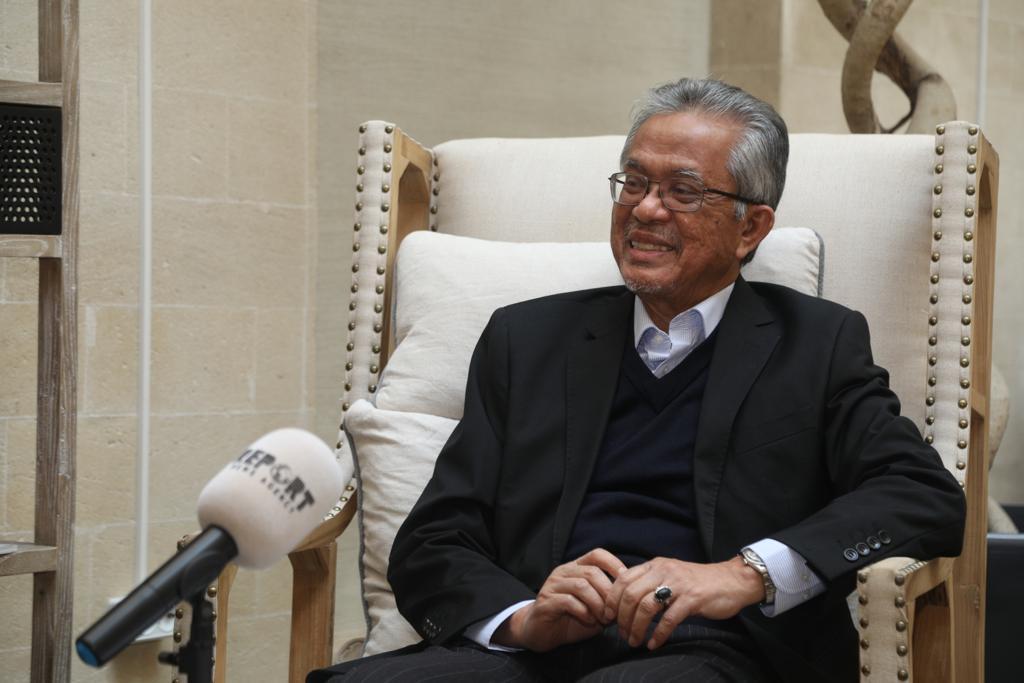
- What areas would you identify as priorities in relations between countries?
- Both Malaysia and Azerbaijan are interested in mutual economic cooperation and highly focused on strengthening existing good relations. The numbers of high-level visits from the Malaysian Premier are a testament to our growing commitments and strong bilateral ties. The establishment of the Embassy of Malaysia in Baku in 2014 has paved the way for closer cooperation between our two countries in trade and investment.
Malaysia is always looking for potential involvements in all sectors in Azerbaijan. With the diversification of Azerbaijan's economy, Malaysia is very interested in exploring this resource-rich nation's dynamic and appealing economic landscape. There are enormous potentials for our countries to explore and broaden the scope and dimension in non-oil sectors, especially in the tourism industry, Islamic banking, information technology, multimedia, health, sports, and education.
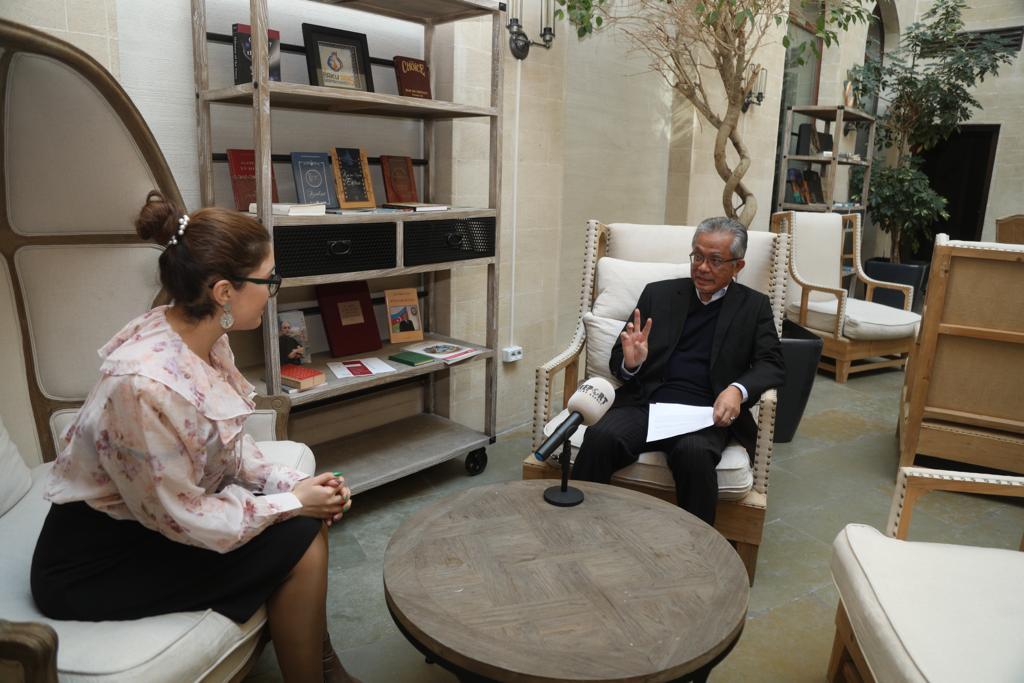
- Do Malaysian companies plan to participate in the restoration of the liberated territories of Azerbaijan?
If the conditions are conducive and there are available opportunities, Malaysian companies might consider joining potential projects and collaborations in Azerbaijan, including in liberated territories.
I encouraged Azerbaijan to share with Malaysia the available trade and investment opportunities in the liberated territories to be disseminated to potential Malaysian businesses back home. I am looking forward to sharing the fruitful outcome of my working visit here with my counterpart at the Ministry of Economy.
Malaysia, like Azerbaijan, is a member of the non-aligned movement. How do you assess the chairmanship of Azerbaijan in this organization which began in 2019 and will end in 2023?
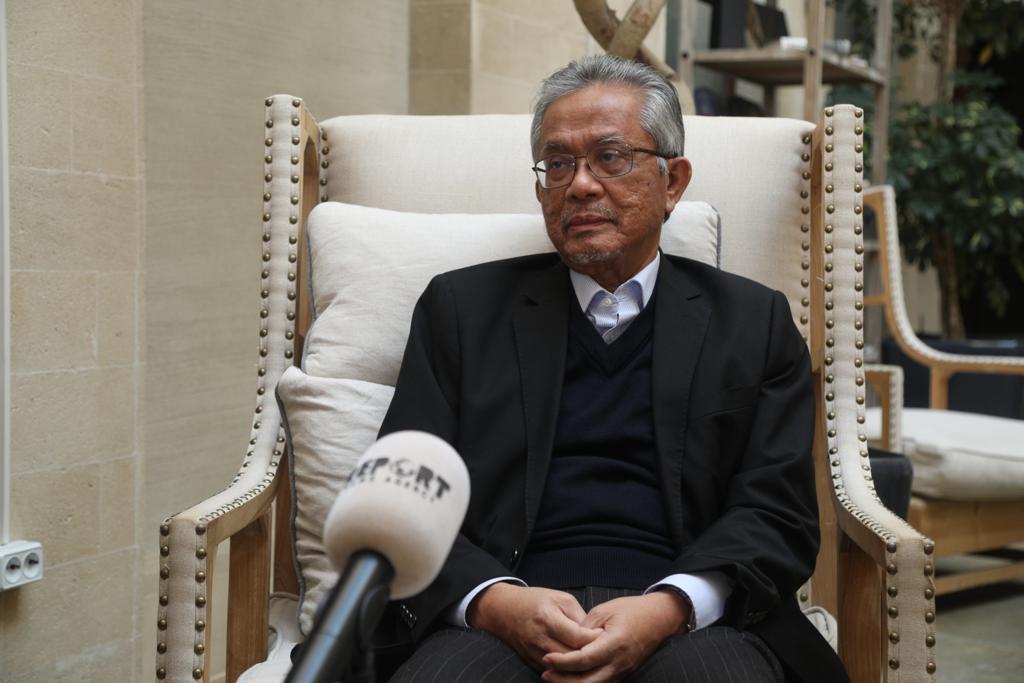
Malaysia appreciates and applauds Azerbaijan for its dedication, initiatives, tireless efforts, and hard work as the Chair of NAM from 2019-2023. Azerbaijan, as Chair of NAM, has successfully united the Movement and effectively addressed the issues of importance to all NAM countries.
- What are your plans to strengthen relations for 2022? Will there be new joint projects?
- Azerbaijan is a brotherly country to Malaysia and will always be an important partner bilaterally, regionally, and multilaterally. We share many issues of mutual interests, therefore, we should leverage on our strengths to reinvigorate our relations to new heights.
Malaysia sees Azerbaijan as a core player in various international platforms and therefore, we should strengthen our partnerships to address the issues of mutual concerns and voice our the voice of the voiceless.
My working visit to Azerbaijan is a testament to our commitment to kick-start the post-pandemic cooperation between Malaysia and Azerbaijan.
I also hope that with the finalization of the MoU on Bilateral Consultation, the formal cooperation mechanisms between the two foreign ministries will be materialized in the near future.
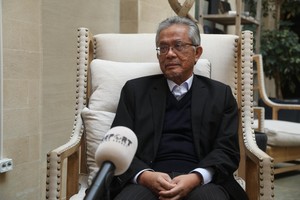
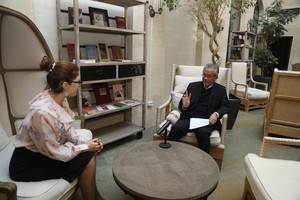
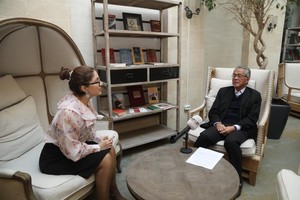
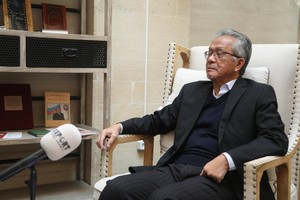
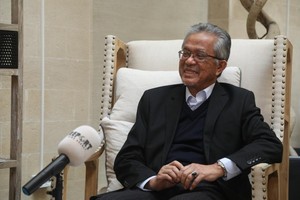


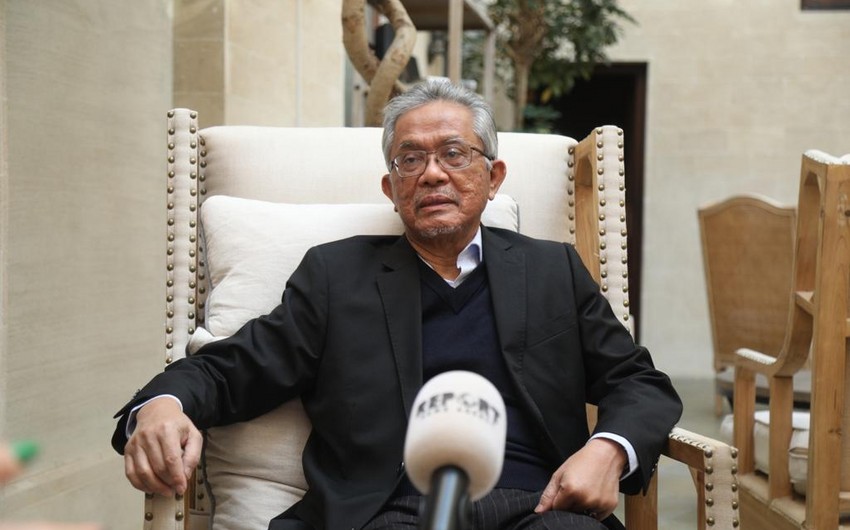 https://static.report.az/photo/e671e798-f7c2-3590-a96d-a2fd75a21b79.jpg
https://static.report.az/photo/e671e798-f7c2-3590-a96d-a2fd75a21b79.jpg

